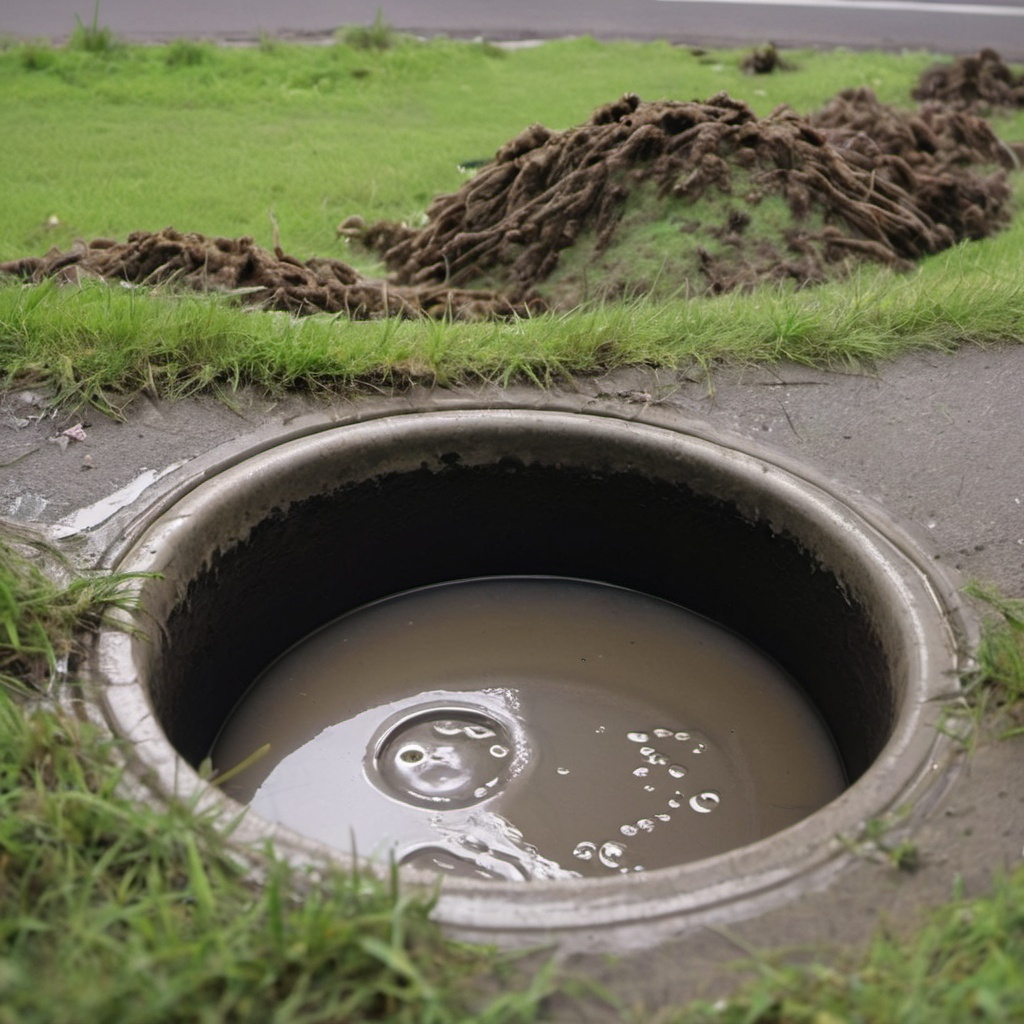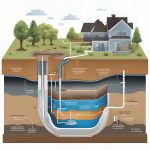Choosing the right septic system for your home is a critical decision that depends on several factors, including soil type, property size, and household needs. Here’s what to consider when selecting a system:
- Soil Type: The soil’s ability to absorb and filter wastewater is a key factor. A percolation test, or “perc test,” can determine how well your soil drains. Sandy soils drain well, while clay soils may require a more advanced system.
- Household Size: The size of your household determines the amount of wastewater your system will need to handle. Larger households require larger tanks and drain fields.
- Local Regulations: Check local building codes and health department regulations before installing a septic system. Some areas have specific requirements for system design and placement.
- System Type: There are several types of septic systems, including conventional systems, aerobic treatment units, and mound systems. A conventional system is the most common, but if your soil or property doesn’t meet the requirements, you may need an alternative system.
- Professional Consultation: Work with a licensed septic system designer or installer to determine the best system for your property. They can assess your needs and design a system that meets local regulations and functions efficiently.
By choosing the right system and maintaining it properly, you can ensure reliable wastewater treatment for your home.
The #1 Septic Tank Treatment On The Market
“The released oxygen reacts immediately with the waste substances that are inside your septic tank and reduces, then slowly eliminates the smell – in just 3 to 5 days.”


